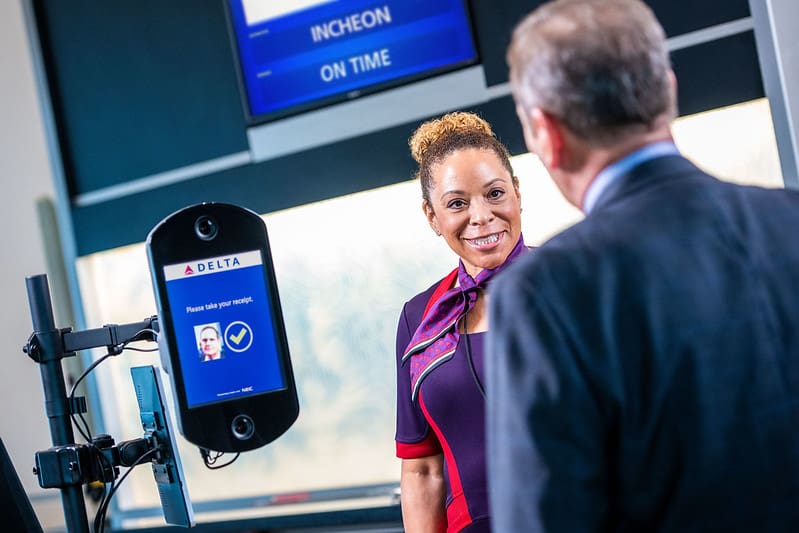New Travel Technology That’s Changing The Industry

Technologies That Are Transforming the Travel Industry

Travel and tourism industries are moving through a period of significant growth and outstripping the growth of most other sectors. People are more interested in travel than ever and travelling has never been easier. Technology has been a significant driver behind pushing success in the market, making it easier for people to engage in travel.
We have seen how technology can radically transform industries. Entertainment industries have been overhauled by services like Spotify and Netflix. Gambling markets took off when online casinos like NetBet casino were made available. Retail was radically transformed thanks to the rise of online shopping and the power of Amazon.
In the travel industry, the adoption of technology to create efficiency has perhaps been slower. However, as we look to the future, an era of transformation seems to be on the horizon. Here are some top technology trends that will impact the travel and tourism industry soon.
Virtual Reality and Augmented Reality
When virtual reality (VR) and augmented reality (AR) were in their infancy, many predicted they would have the biggest impact on the entertainment industry. The tech allows us to consume media in all-new ways. While this is true, VR and AR have surprised many by also transforming numerous other sectors.
For example, in the travel market airlines have adopted VR and AR solutions to boost in-flight entertainment. While this is still a niche offering reserved for premium seats, it is clear VR and AR have a future in air travel.
Artificial Intelligence
Artificial Intelligence (AI) has the potential to not only change industries but to also change the way in which we live our life. At the moment, AI is used in the travel industry to improve customer experiences. One example is chatbots, which provide an automated response system to solve customer queries more efficiently.

Flickr by: Delta News Hub
As AI continues to become more sophisticated, its role in the travel industry will morph. Airports are turning to machine learning to scan passengers faces at security sites. AI is also more adept at identifying suspicious objects than the human eye and expedites the security process at airports.
Wearables
Wearables are a here and now technology that is still relatively nascent. While Apple Watch and other smartwatches are becoming more common, how wearables can be used to make processes easier is only now being felt.

For example, a wearable device can allow customers to receive flight or travel information, such as a hotel reservation or boarding pass. Because of their accessibility and simple UI, wearables make accessing this data easier than scrolling through a smartphone.
Wearables are also becoming popular at tourist attractions. Theme park companies will provide park attendees with a wrist band device when they enter. This wearable allows them to enter a park and to replace transactions by scanning the band.
Conclusion
As the travel industry continues to change under the innovation provided by technology, people will find it easier to travel. Industry growth will likely increase in the coming years, with technological disrupters playing a key role in that development.




